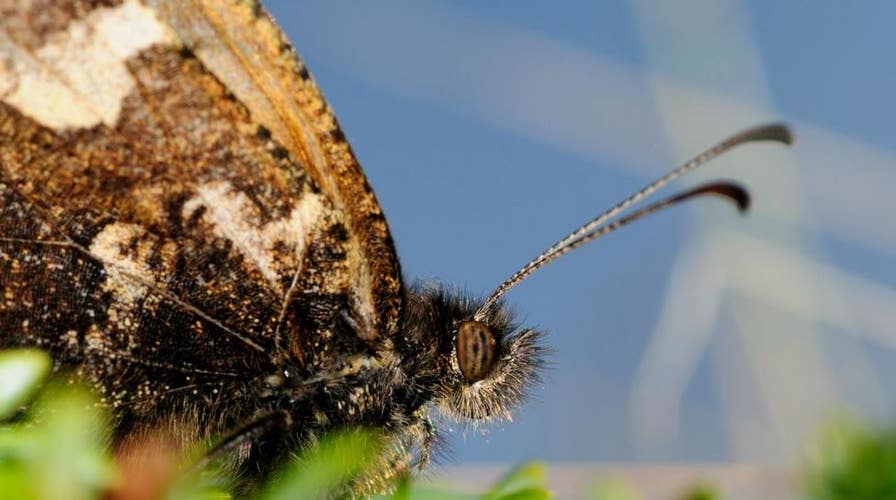Fox News Flash top headlines for April 7
Fox News Flash top headlines are here. Check out what's clicking on Foxnews.com.
The planet's insects are facing a crisis as accelerating extinction rates have led to a worldwide decline, scientists warn.
A global group of 30 scientists has drawn new attention to the problem and offered suggestions for how to mitigate some of the decline.
A specialist in aquatic environments at the University of Huddersfield, Matt Hill, co-authored two recent articles warning about the loss of insect life and providing solutions.
GREAT BARRIER REEF SEES MOST WIDESPREAD BLEACHING EVER RECORDED

Scientists have found that the planet's insects are also facing a crisis after accelerating rates of extinction have led to a worldwide fall in insect numbers. (Dr Matt Hill, University of Huddersfield) (Dr Matt Hill, University of Huddersfield)
TRUMP SIGNS ORDER ON MOON MINING, PULLING RESOURCES FROM ASTEROIDS
"[Insects] provide food for other animals and they can also have a significant role in the functioning of freshwater ecosystems, forming a critical component in the diversity of life," Hill said in a statement.
Hill explained that pollution and humanity's impact on the environment mean that insects like beetles, dragonflies and mayflies are in long-term decline globally.
The scientists offer a number of ideas to slow down the insect extinction, including: avoid mowing your lawn frequently; plant native plants, which many insects need to survive; avoid pesticides in your backyard; leave old trees, stumps and dead leaves alone, since many insects call them home; and simply be more aware of the tiny creatures.
